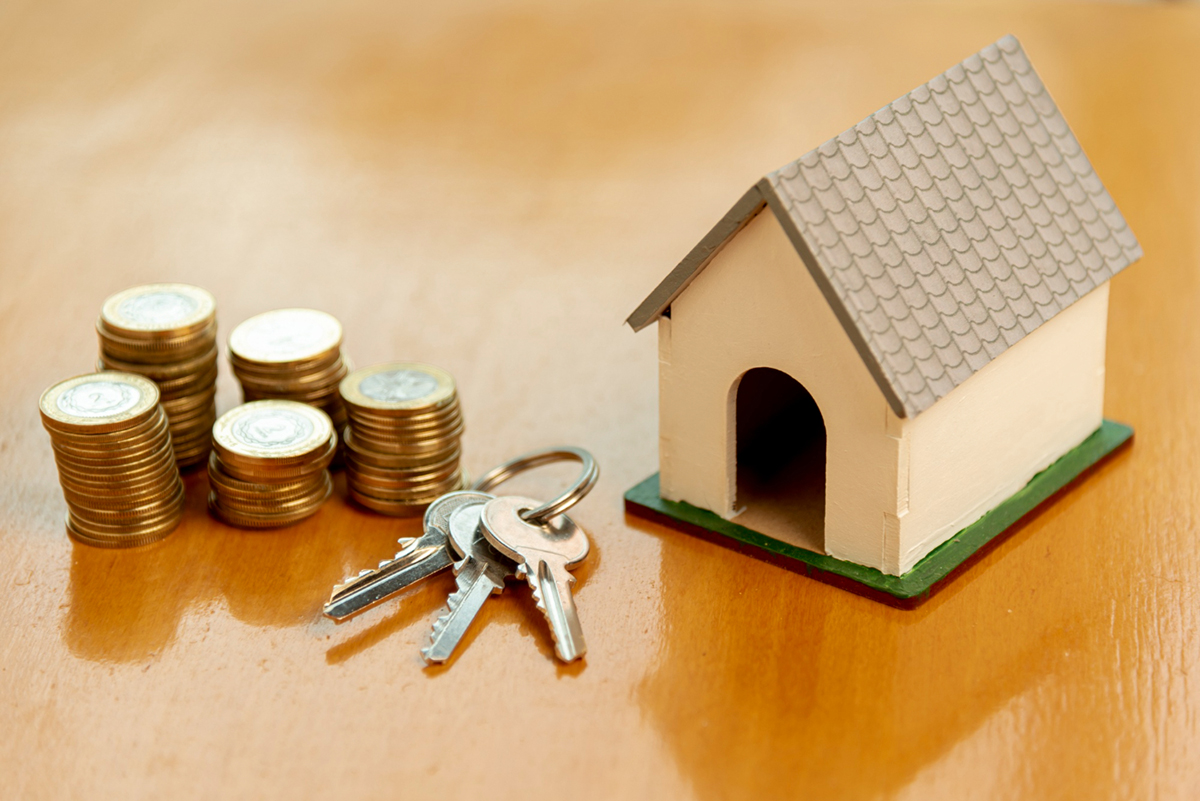
Moving into a new apartment can be quite an exciting experience. You get to envision yourself in a new space, decorate it according to your taste, and settle into a new community. However, as with anything new, there are also necessary legalities you must address before signing any agreements. One crucial element of renting an apartment is the security deposit. Let's dive into what a security deposit means, what it covers, and what you can do to ensure that you can get your deposit back.
Traditionally, a security deposit is money paid upfront by a tenant to the landlord before moving in. The deposit is usually held in a separate account and is meant to compensate the landlord in case of any damages beyond normal wear and tear. Typically, a security deposit equals one month of rent, but the actual amount is left to the discretion of the landlord.
There is no fixed rule on what a security deposit covers, but your lease agreement should spell out what landlords expect. In general, the security deposit covers any damages made by the tenant or the tenant's guests, plus any unpaid rent or utility bills. Nonetheless, landlords can use the deposit for other reasons like re-keying, cleaning charges, and replacing appliances that were lost or broken by the tenant.
To ensure that you get your security deposit back, it's essential to take some precautions from the day you move in. Keep in mind that landlords have up to 30 days to return your deposit in full or send a list itemizing the damages that need repairs. Landlords are also allowed to deduct the cost of the damage or cleaning from the security deposit. If you have fulfilled all terms of the lease agreement and taken care of the property, then you are entitled to receive your deposit back.
To ensure that you get your security deposit back, follow these tips.
In conclusion, security deposits are essential to the rental process, given that they help to protect landlords from damages or back rent. Before signing any lease agreement that requires a security deposit, know what the deposit covers. Additionally, familiarize yourself with laws and regulations governing security deposits in your state. By following our tips, you can ensure a hassle-free move from your rented apartment and get your deposit back expediently. If you're searching for apartments for rent in Fort Myers, FL, reach out to the Millennium Apartments today. We offer a wide selection of apartments that cater to different lifestyle preferences, needs, and budgets.